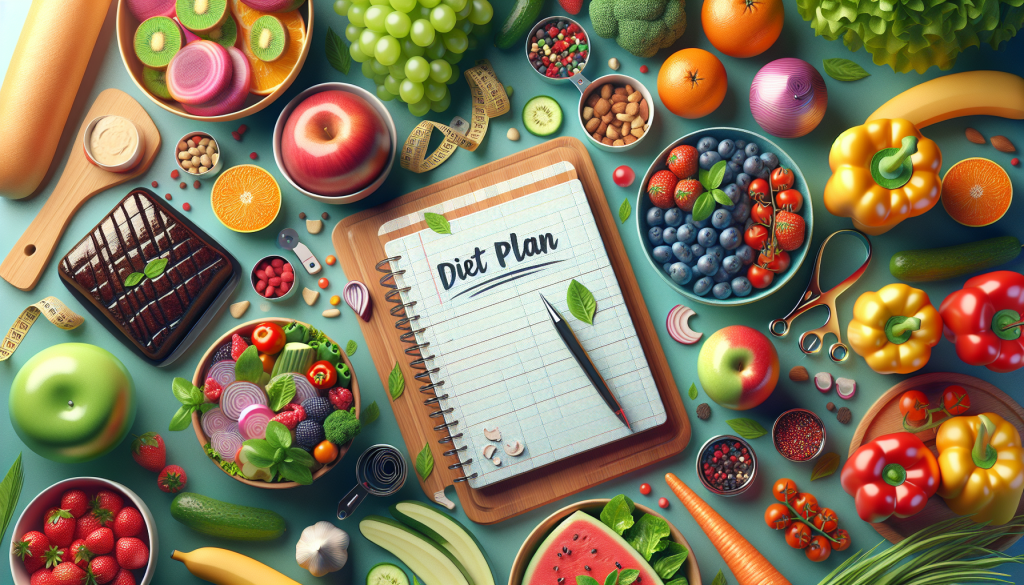
Embarking on a dieting journey can be both an exciting and daunting endeavor. One of the most crucial aspects of effective dieting is choosing the right foods that not only support weight loss but also keep you satiated and nourished. Low calorie foods, when selected wisely, can be a powerful tool in your dieting arsenal. This ultimate guide will explore the best low calorie foods for dieting, ensuring you stay full without compromising on taste or nutrition.
Low calorie foods are those that provide fewer calories than their regular counterparts while still offering essential nutrients. They are particularly beneficial for those aiming to shed pounds without feeling deprived. By selecting foods that are lower in calorie density, you can consume larger volumes, which helps in feeling full and satisfied.
A key strategy in effective dieting is prioritizing protein and fiber-rich foods. These nutrients are known for their ability to enhance satiety, making you feel fuller for longer periods. Foods such as lean meats, fish, beans, and low-fat dairy are excellent sources of protein. Fiber, on the other hand, is abundant in vegetables, fruits, and whole grains. Combining these two in your meals can significantly reduce overall calorie intake while maintaining energy levels.
1. Oats: Oats are not only low in calories but also incredibly filling due to their high fiber content. A bowl of oats can keep hunger pangs at bay and provide a steady release of energy throughout the day.
2. Greek Yogurt: This dairy powerhouse is rich in protein and low in calories. It’s versatile enough to be used in various dishes or enjoyed on its own with a touch of honey or fresh berries.
3. Berries: Berries like strawberries, blueberries, and raspberries are low in calories and high in antioxidants. They make for perfect snacks or additions to breakfast cereals and salads.
4. Leafy Greens: Spinach, kale, and lettuce are nutrient-dense and very low in calories. They can be used as a base for salads or added to smoothies for a nutritional boost.
5. Fish: Fish, especially varieties like salmon and tuna, offer high protein content at a low-calorie cost. Including fish in your diet not only supports weight loss but also enhances omega-3 fatty acid intake.
6. Eggs: Once vilified for their cholesterol content, eggs are now recognized as nutritional powerhouses. They provide high-quality protein that helps in muscle repair and maintenance, and they can be a part of a satisfying breakfast or quick snack.
7. Chia Seeds: These tiny seeds pack a mighty punch. They are high in fiber, which helps control hunger, and can easily be added to yogurt, smoothies, or salads.
8. Popcorn: When air-popped and eaten without butter, popcorn is a whole grain low in calories yet filling. It makes for a satisfying snack that won’t derail your diet.
Incorporating low calorie foods into your diet isn’t just about picking the right snacks or meals. How you prepare your foods can also play a crucial role. Opt for cooking methods like steaming, grilling, or roasting, which don’t add extra calories through unhealthy fats. Spice it up with herbs and spices instead of calorie-dense sauces and dressings.
Meal planning is an essential component of successful dieting. By preparing meals in advance, you can ensure you always have access to healthy, low calorie foods, reducing the temptation to reach for convenience foods that could hinder your progress. Incorporate a mix of the low calorie foods listed above into your weekly meal rotation for variety and maximum nutritional benefit.
To achieve effective dieting, it’s essential to strike a balance between calorie intake and nutrient adequacy. Low calorie foods can help you achieve this balance by offering volume and nourishment without excess calories. By focusing on protein-rich, fiber-packed foods and utilizing clever cooking techniques, you can pave the way to a healthier, more sustainable eating pattern that supports your weight loss goals.
Remember, successful dieting is not about deprivation but about making smarter food choices. By understanding and utilizing the power of low calorie foods, you can enjoy a fulfilling diet that aligns with your individual health and wellness objectives.